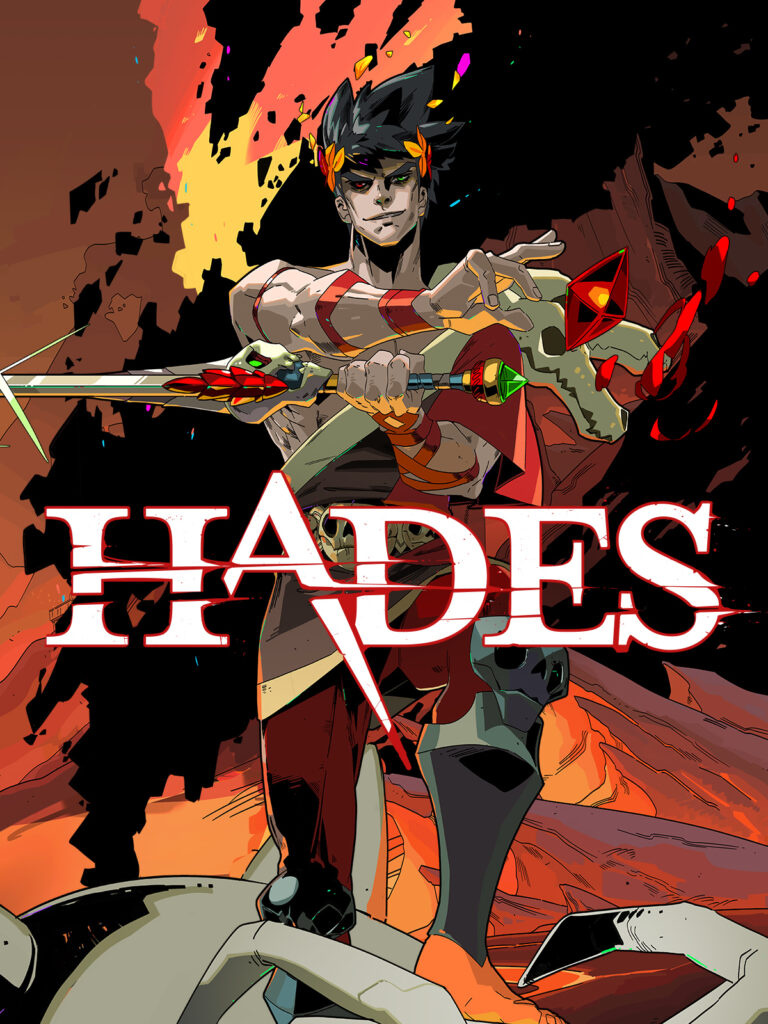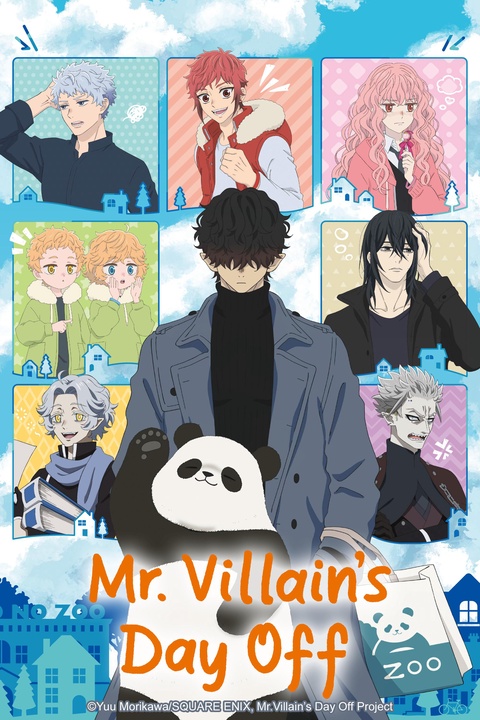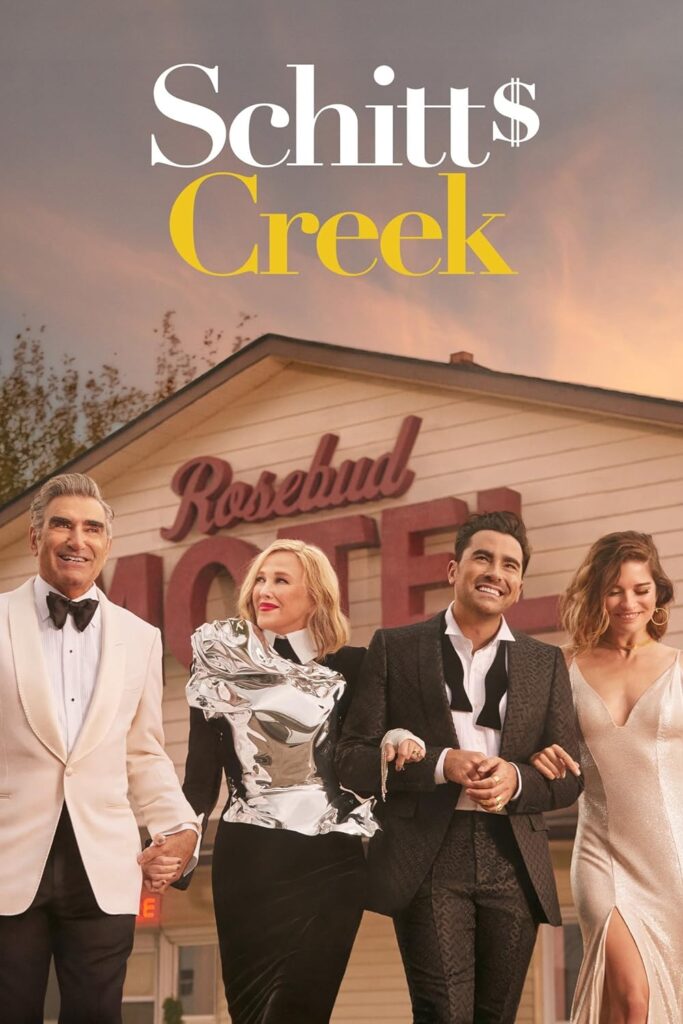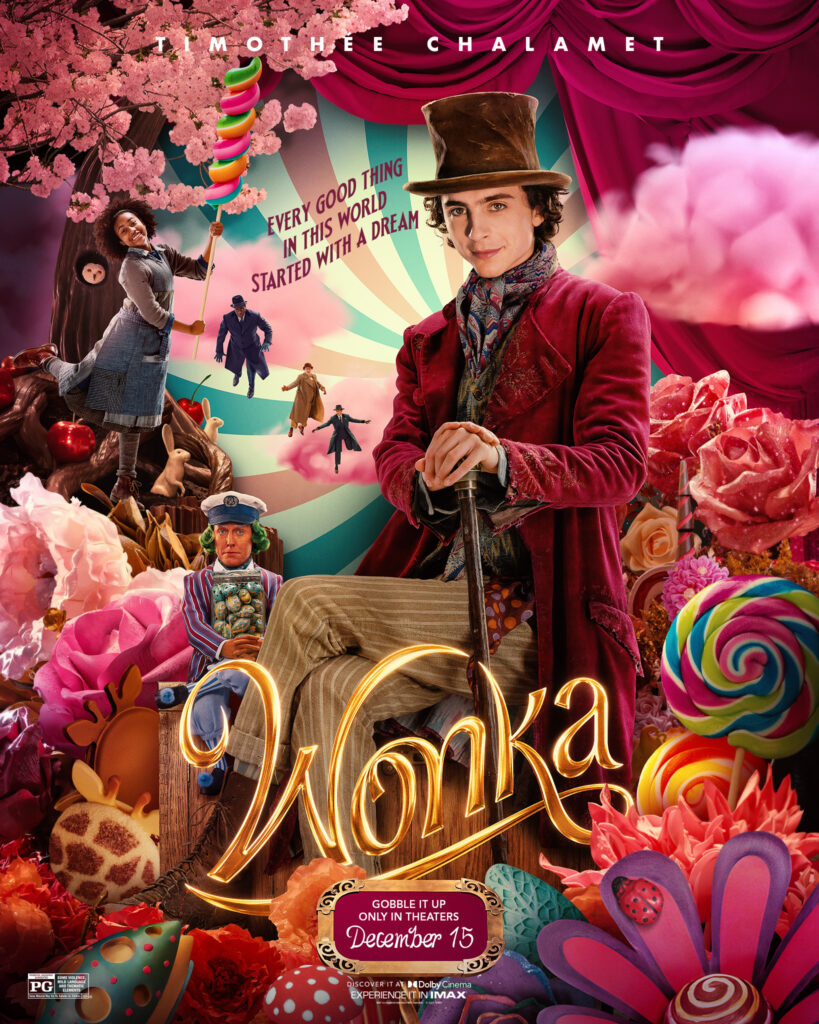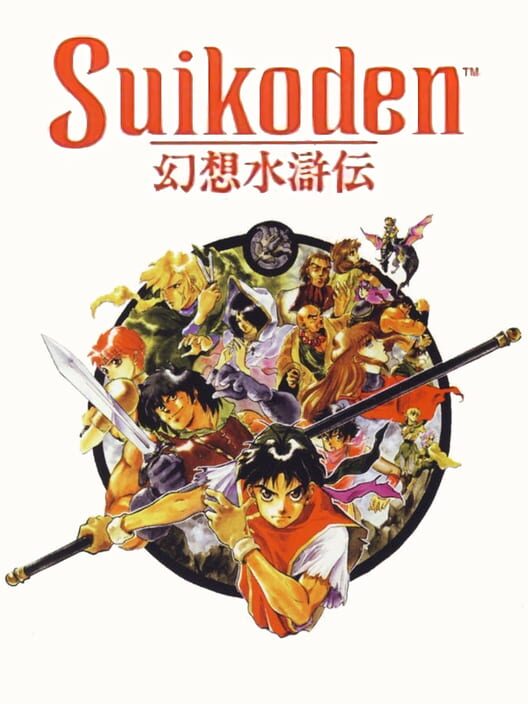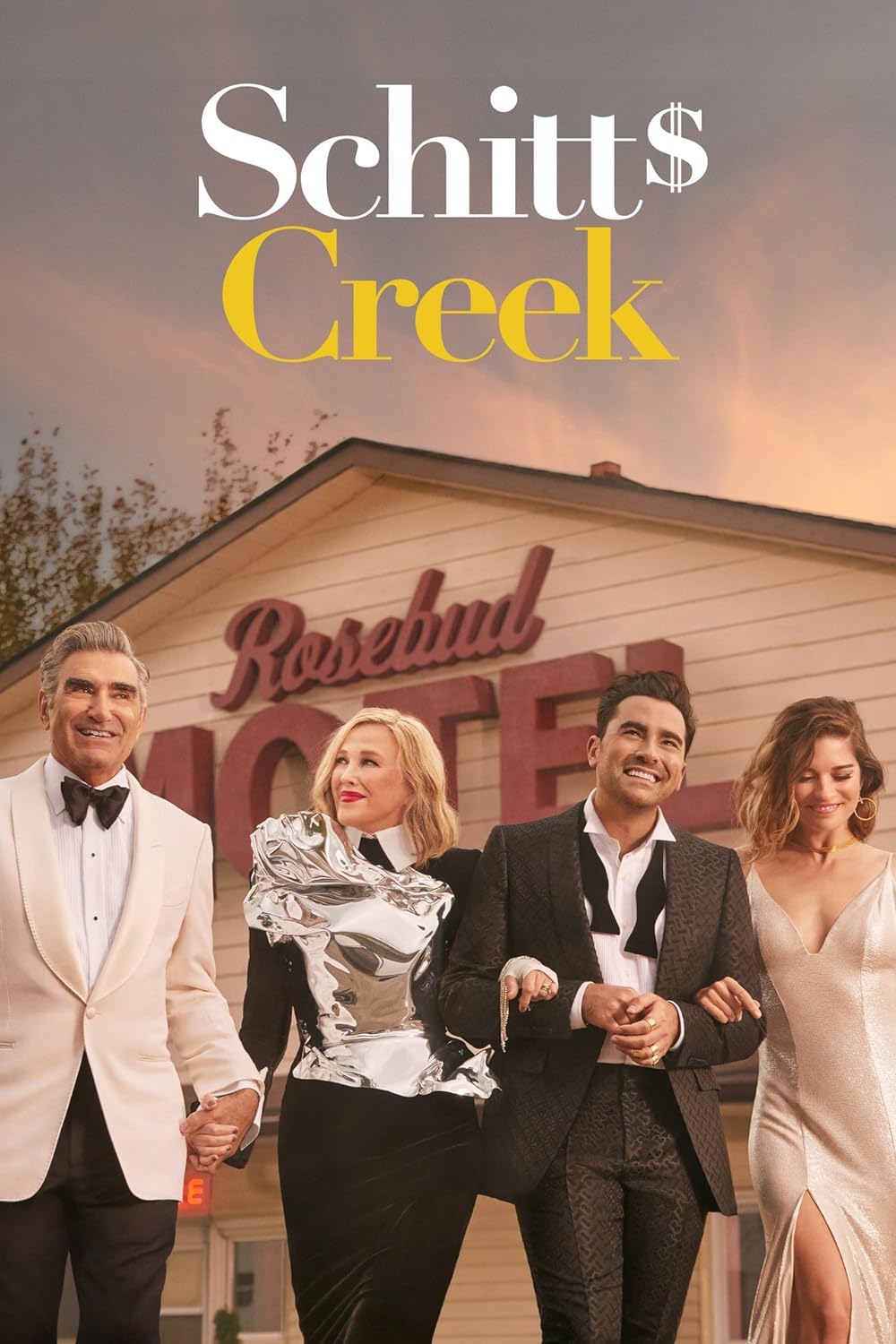
February Staff Picks
Words By F(r)iction Staff
Dominic Loise
Mychal Threets
Mychal Threets, who won this year’s I Love My Librarian award, is having a moment, but the patrons of the Solano County Library will hopefully feel Mychal’s influence and impact for years to come. I am thoroughly enjoying the openness and warm, welcoming energy Mychal brings to social media. Mychal has a soft, Blues Clues-host vibe when discussing what’s going on in the library and how it’s a space for appreciation of others.
Around the time of the award, Mychal was talking with Oliver James on social media. Oliver’s account centers around teaching himself to read as an adult living with OCD. I very much appreciated their discussion of literacy and engagement with books. I also grew up with a learning disability and eventually went on to work with a literacy organization and marry a librarian. Mychal is equally open about mental health awareness and announced his last day at Solano County Library would be on March 1st to prioritize mental health and work with his mental health check-in team. I equally appreciate this openness as someone who also left their full-time job to prioritize their mental health, and I am in his corner as he puts his health first.
There’s been a lot of discussion about banning books in libraries lately. Growing up, I had to work around the stereotypical shushing librarians to find space in a room I didn’t feel invited to, especially as someone from an “ethnic city” family living in the suburbs during the seventies. I celebrate great librarians like Mychal and literacy spaces because I know what it was like growing up within a conservative curated collection. A real librarian doesn’t see their patrons to check out books but makes sure they are seen on the shelves. Visit Mychal Threets online then stop by your own local library.
Ari Iscariot
Hades
For the past few months I have been on a button-mashing, finger-bashing, and skull-smashing rampage through the roguelite dungeon crawler, Hades. This comes as a surprise, because I’m notorious for abandoning games that require dying to advance to higher levels. Hades is no exception to this rule. But what makes Hades brilliant is the way it uses its death mechanic: when you die, you advance the story.
The protagonist of Hades is the fire-stepping Prince of the Underworld, Zagreus. His mission is to fight his way out of his father’s realm. This realm is rife with ghostly enemies: vexatious witches, club-wielding wretches, and even revered heroes from the surface world. And with such formidable opponents, Zagreus dies. A lot. When you perish, you return to the game’s starting point, the House of Hades, a venerable stone mansion populated by Zagreus’s closest friends and family. With each successive death, these characters reveal to you their deepest desires and their most secret fears. And Zagreus reveals more of himself: his contentious relationship with his father, his outsider status among the denizens of the Underworld, and the secret that drove him to attempt escape—he seeks a long-lost mother he has never met.
There’s hardly an emotional motivation more compelling than this, a child who longs for love and acceptance. It is a core that keeps you fighting even as the game slaughters you again and again. “I have to get this guy to his mom.” Eventually, you do. And it is glorious.
Asma Al-Masyabi
Mr. Villain’s Day Off
Mr. Villain’s Day Off poses a relatively simple question as its premise: what does a lead villain trying to take over the world do on his days off? The answer is—he tries to enjoy them to their fullest, and, in turn, slowly grows to appreciate Earth and its strange inventions and inhabitants.
Called only the General, our main character is the antagonist to Super Ranger-like heroes—until he’s off the clock. He then changes into his comfy turtleneck and trench coat and strives to avoid work at all costs. This new slice-of-life anime has already managed to capture my heart. There’s nothing more relaxing than watching someone attempt to strike that perfect work-life balance while reveling in the small moments and details that make living life worth it. Whether it’s watching pandas at the zoo, ordering latte art of said pandas, or working up the courage to eat a limited-edition panda meat bun, the General does it with unmatched determination that I can’t help but find endearing.
Another thing about this show, it is unbearably cute. The General’s successes, and failures, have me smiling throughout the whole episode. Cute girls doing cute things is a popular genre in anime, but I think that cute guys doing cute things should be just as standard. Adults, and particularly men, aren’t often shown enjoying their life in media, and I love the way that Mr. Villain’s Day Off pushes back against that.
Ciena Valenzuela-Peterson
Schitt’s Creek
I’m probably not the first person to recommend you Schitt’s Creek. I’m probably not the second. You’re probably thinking, “Ugh, I know, I know, everyone says I would love Schitt’s Creek, but I watched the first episode/handful of episodes/season and I just wasn’t hooked.”
Dear reader, listen to me—listen to me, I beg of you. I know you. I see you. I was you. It’s no mistake Schitt’s Creek fans are constantly pushing the show on unsuspecting sitcom enjoyers, wheedling and insisting that you’ll love it with all the brimming sentimentality of a Canadian grandma wearing a pride pin. It really, really is that good.
Schitt’s Creek follows the wealthy Rose family who loses everything and has no choice but to move to a crusty motel in the middle of nowhere. Over six seasons, Schitt’s Creek demonstrates the power of character-driven storytelling; what begins as a comedy satirizing the idiosyncrasies of the uber-rich unfolds into a beautiful journey of personal growth, love, and family. You’ll see yourself and your own family in the Roses—Alexis and David Rose have the realest sibling dynamic I’ve seen on TV, and Moira and Johnny’s marriage has a verisimilitude that could only be achieved by the decades-long friendship between Catherine O’Hara and Eugene Levy. Real-life father-and-son duo, Eugene and Dan Levy invite the viewer to a more hopeful world—one where queer acceptance is a given, love is precious, and everyone is good at heart. You’ll cry by the end, guaranteed.
Jazzmin Joya
Wonka
I absolutely love watching movies! It is one of my all-time favorite ways to pass time. After quarantining, I started going to the movie theaters more often, really taking advantage of their discount Tuesday’s.
During this routine, I watched the new film adaptation of Willy Wonka, starring Timothée Chalamet, Keegan Michael-Key, Olivia Colman, Hugh Grant, Rowan Atkinson, and other fun actors. Wonka is a whimsical movie establishing more background on Willy Wonka before the adventures seen in the original film and the book written by Roald Dahl. The soundtrack was beautifully done, it really captured the essence of Wonka and the magical spirit of the film. This reimagining separated itself from other movies, staying true to the essence of the story while giving its own playful spin. It also introduced us to new storylines and interesting characters. I know there were mixed feelings over this film, but I really enjoyed it. It reminded me of my childhood. The whimsicalness, the vibrant coloring, people’s LOVE for chocolate. I definitely recommend watching Wonka, you’re in for a fun time. Just be wary, the songs might get stuck in your head!
Stevi Sargas
Suikoden
This week, articles flooded my social media feeds announcing the narrative lead of my favourite video game franchise, Suikoden, sadly passed away at 55. Yoshitaka Murayama of Rabbit & Bear Studios was the chief writer for the Suikoden series, which spanned five titles and numerous spin-offs for PlayStation and Nintendo DS from 1995-2012.
In Murayama’s honour, I’ve decided to replay Suikoden. I played it for the first time at age 6. It’s a whimsical, turn-based fantasy game that has you collect 108 ragtag allies and lead a revolution against the corrupt imperialist government into which you were born. The game features adorable artwork and a disarmingly rich soundtrack. There’re mysterious, magical crystals called runes governing the world’s elemental powers. Oh, and there are flying squirrels. And gambling. You know how it is.
The older I get, the more it amazes me that Murayama created such a socially and politically nuanced narrative with Suikoden while being fun and accessible across age and literacy brackets. To me, this is masterful storytelling. I like to say Suikoden radicalized me before I could pronounce “radicalized,” or “Suikoden.” For that Murayama will always have my gratitude. Through his writing, I had formative exposure to diversity and representation in storytelling. I learned about the limits of black-and-white morality, and the importance of individual choice. Suikoden is why I love writing, and why I love video games. I’d recommend it to anyone who’ll listen.

